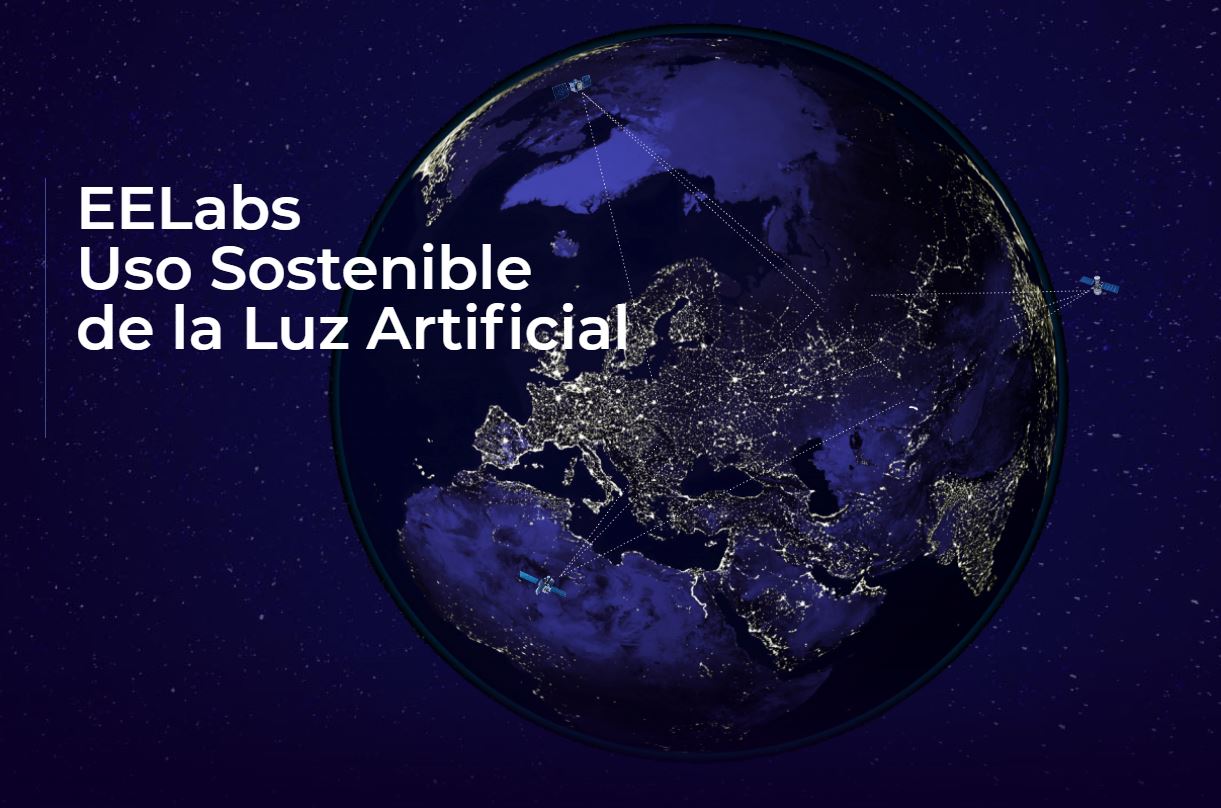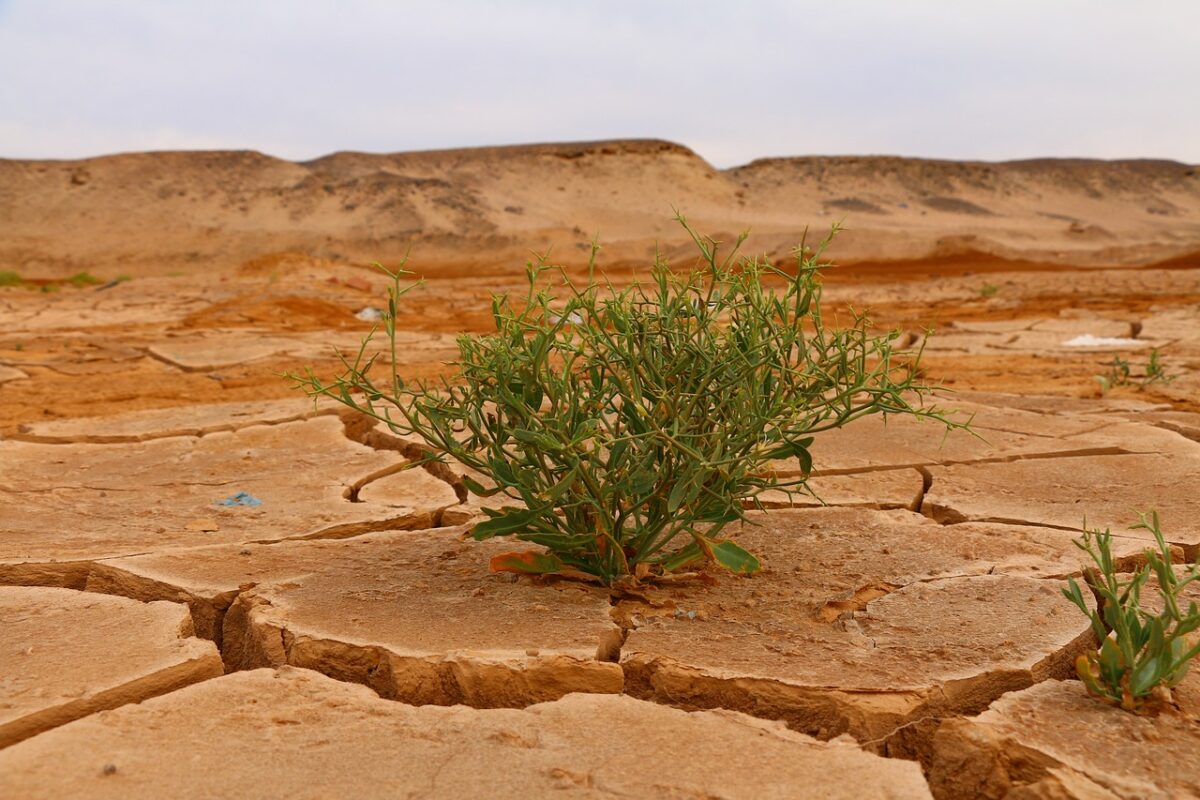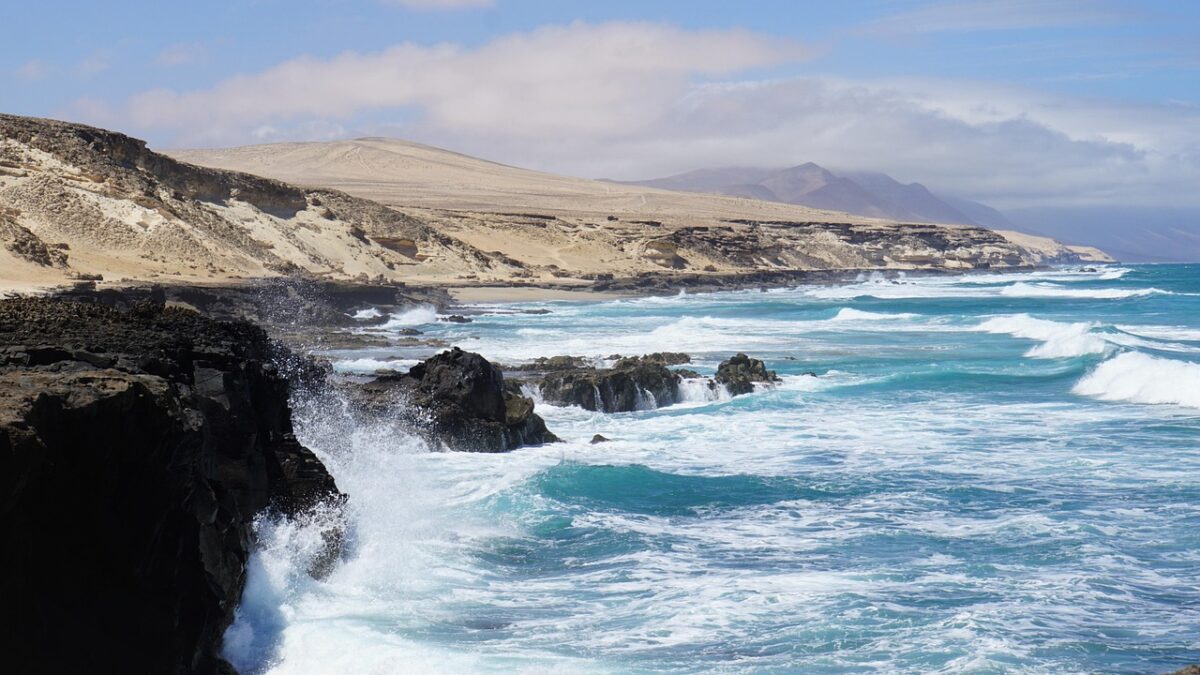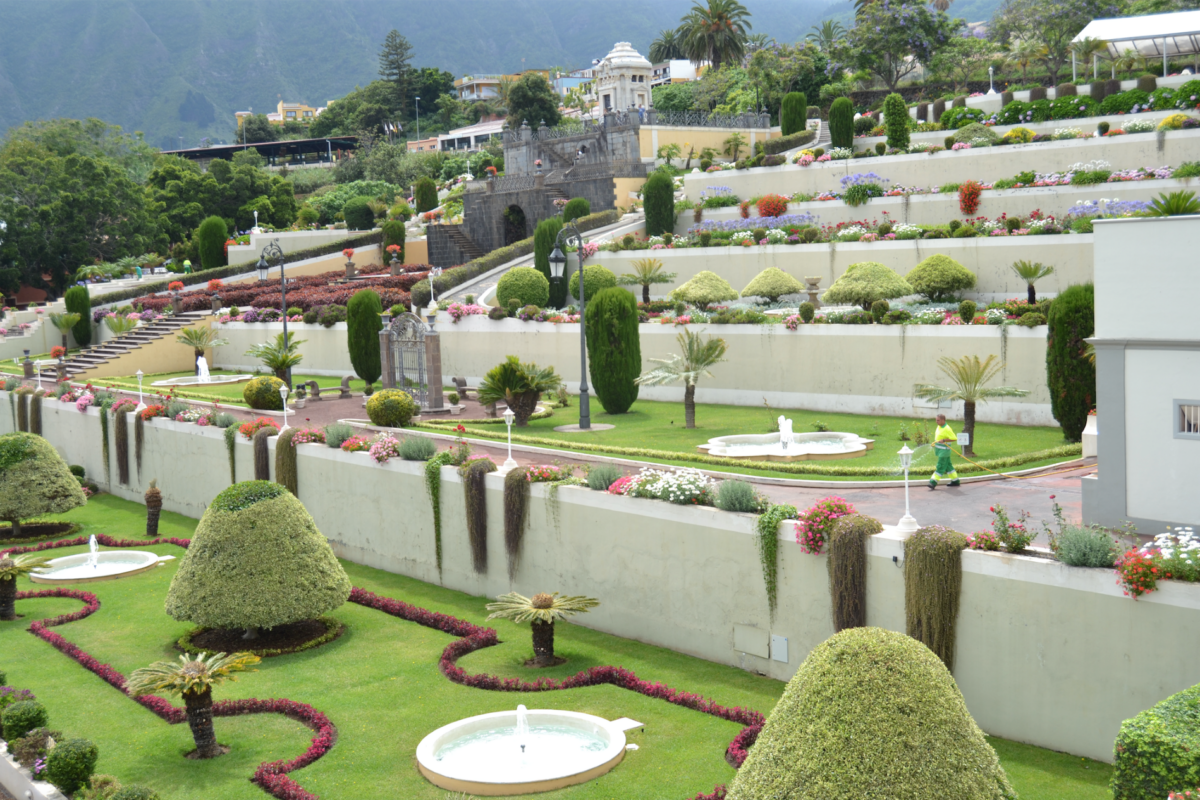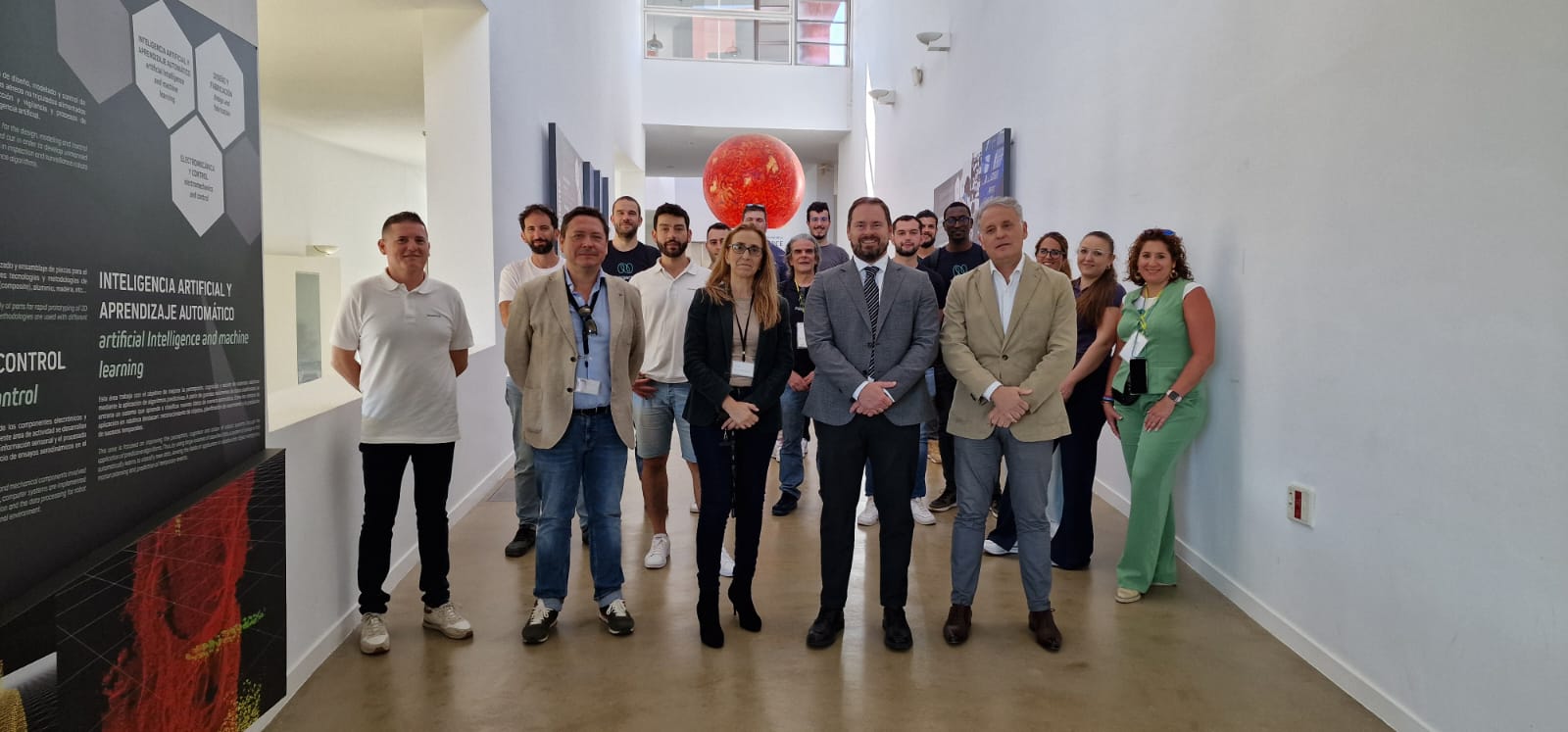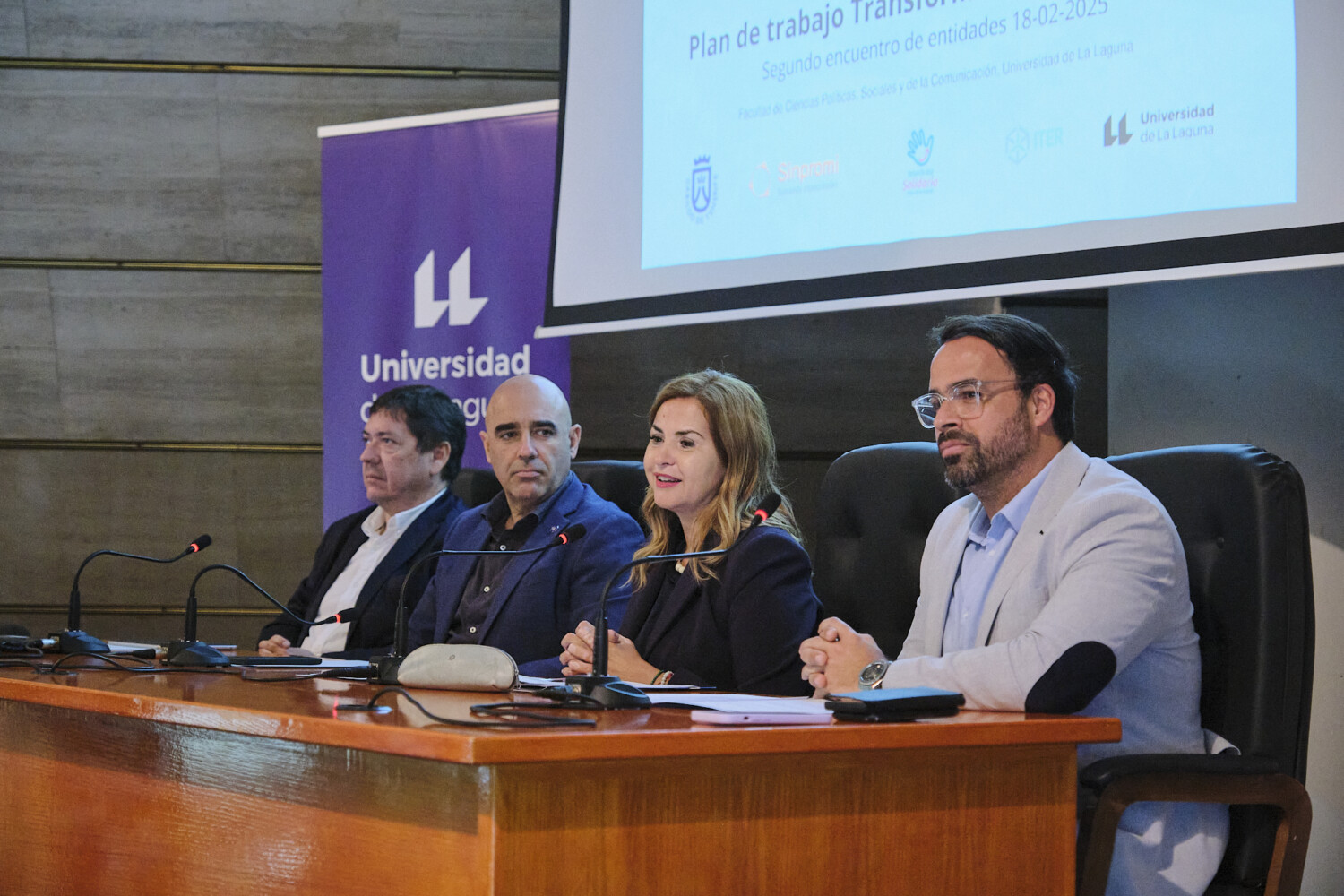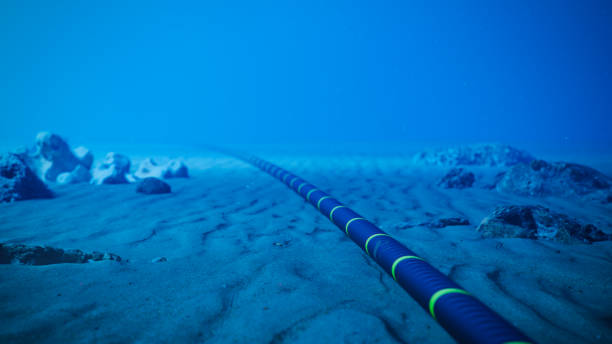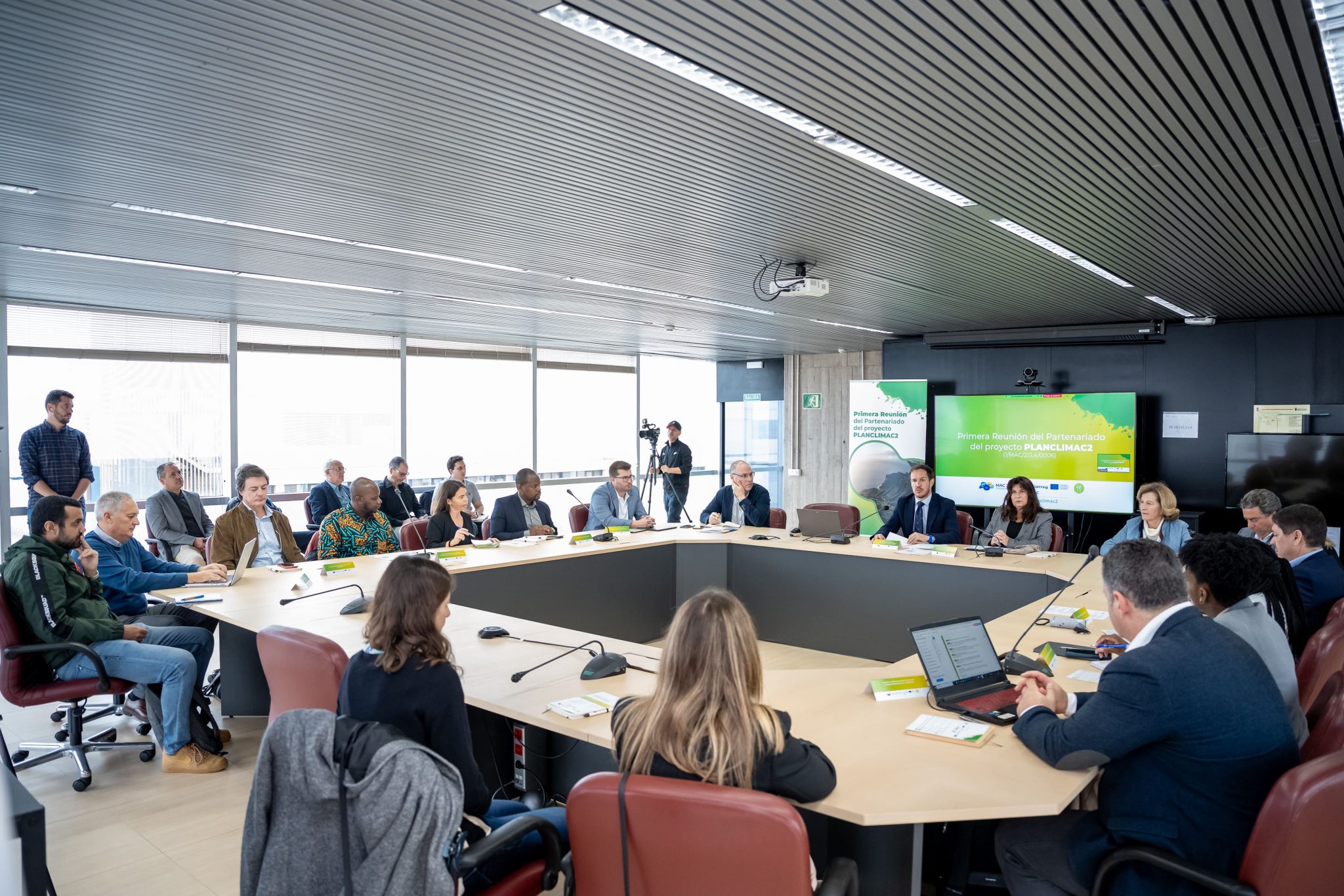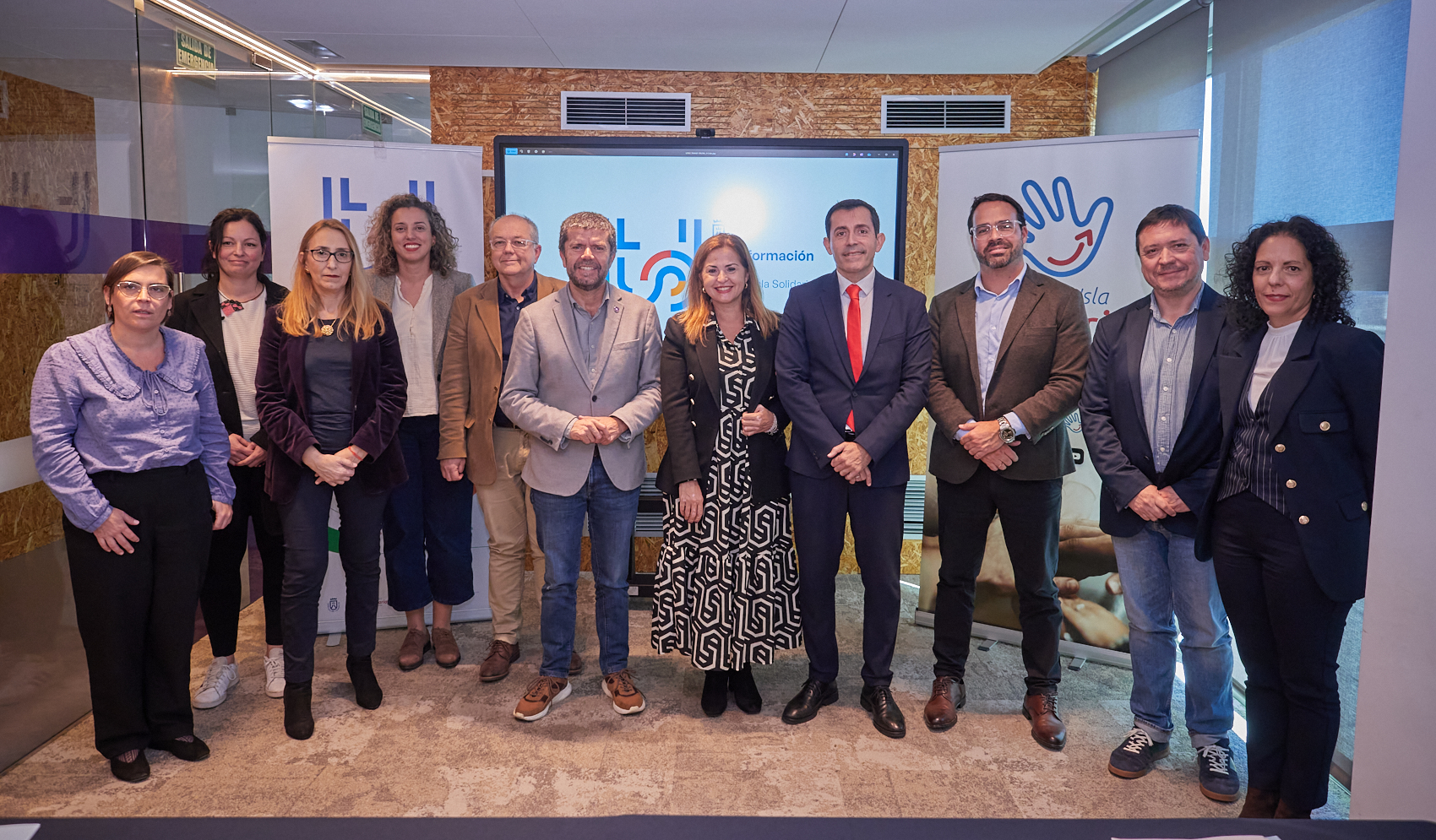The Institute of Technology and Renewable Energies (ITER) participates in the European project “Energy Efficiency Laboratories (EELabs)” that coordinates the Institute of Astrophysics of the Canary Islands (IAC) and aims to maximize the energy efficiency of new lighting technologies – mainly LEDs – while minimizing the effect of light pollution and sky brightness at the natural ecosystems of Macaronesia.
The loss of darkness due to the growing use of Artificial Night Lighting (ANL) has a dangerous impact on natural ecosystems. Although this light can be so faint that we humans can often not detect it, is has been shown that 30% of the vertebrates, and 60% of the invertebrates who are active during the night can be threatened. The region of Macaronesia has 62 zones of special protection for birds, which cover 30% of their land surface. This is the highest proportion of all the big-geograhic regions of the European Union.
Towards the end of 2019 the European Union’s project Energy Efficiency Laboratories (EELabs) began its activities towards the sustainable use of artificial light. EELabs, included in the project INTERREG V-A MAC 2014-2020, is aimed at maximizing the energy efficiency of the new lighting technologies, mainly LEDs, while minimizing its impact on the light pollution in the natural ecosystems of Macaronesia. “Light pollution is not only a threat to astronomy, but also to night-time ecosystems. EELabs will work in a multidisciplinary way to understand the impact of light pollution on protected natural areas, with the aim of defining its risks and threats”, comments Miquel Serra-Ricart, astronomer at the Instituto de Astrofísica de Canarias (IAC), manager of the Teide Observatory and coordinator of the project.
EELabs will put forward activities to obtain deep knowledge of LED illumination, and of the Macaronesian natural ecosystems. The final aim is to obtain sustainable growth, so that the increase in artificial light does not damage natural protected areas. This project considers that the natural environment is a powerful “plus” for the development of local economies, and its protection will have a positive impact n the future development of the associated communities.
To carry out its plan, EELabs will install Light Pollution Laboratories (LPL) which are unobtrusive ecological infrastructures, in natural protected areas of Macaronesia. The LPL’s are a network of photometers, and/or LED-based public lighting. The aim of this technology is to give instrumental support to the researchers in the project, and also to other European research centres. EELabs is based on the experience of the Technical Office for the Protection of the Sky (OTPC) of the Canary Island Observatories, and on instruments developed in the project STARS4ALL (stars4all.eu).
The IAC, which coordinates the project, has a firm policy of protecting dark skies, knowing that the protection of the sky also affects other areas, environmental, cultural and social, outside the field of astronomy. In the archipelagos of the Canaries, Madeira, and the Azores, light pollution causes high mortality in sea birds at each breeding season when the youngest birds start their first ocean flights. The law known as the “Law of the Sky” can help to protect the Macaronesian ecosystems, especially the areas in the Natura 2000 network.
As partner of the EELabs project, the ITER’s Technology Area will participate in the development of the data collection central system from the photometers networks that will be deployed in different areas. These systems, which will be self-sufficient from an energy point of view, will incorporate different wireless communication systems allowing the reception of the sensors’ data, and its forwarding to the data-processing platforms. These platforms can also make use of the computing capacity of Teide-HPC supercomputer.
EELabs (eelabs.eu) is a project funded by the Programme INTERREG V-A MAC 2014-2020, cofinanced by FEDER (European Fund for Regional Development) of the European Union, under contract number MAC2/4.6d/238. Five centres in Macaronesia (IAC, ITER, ULPGC, SPEA-Azores and SPEA-Madeira) work in EELabs. The objective of EELabs is to build laboratories to measure the energy efficiency of the artificial night lighting in protected natural areas in Macaronesia (the Canaires, Madeira, and the Azores).
EELabs web: http://www.eelabs.eu/


